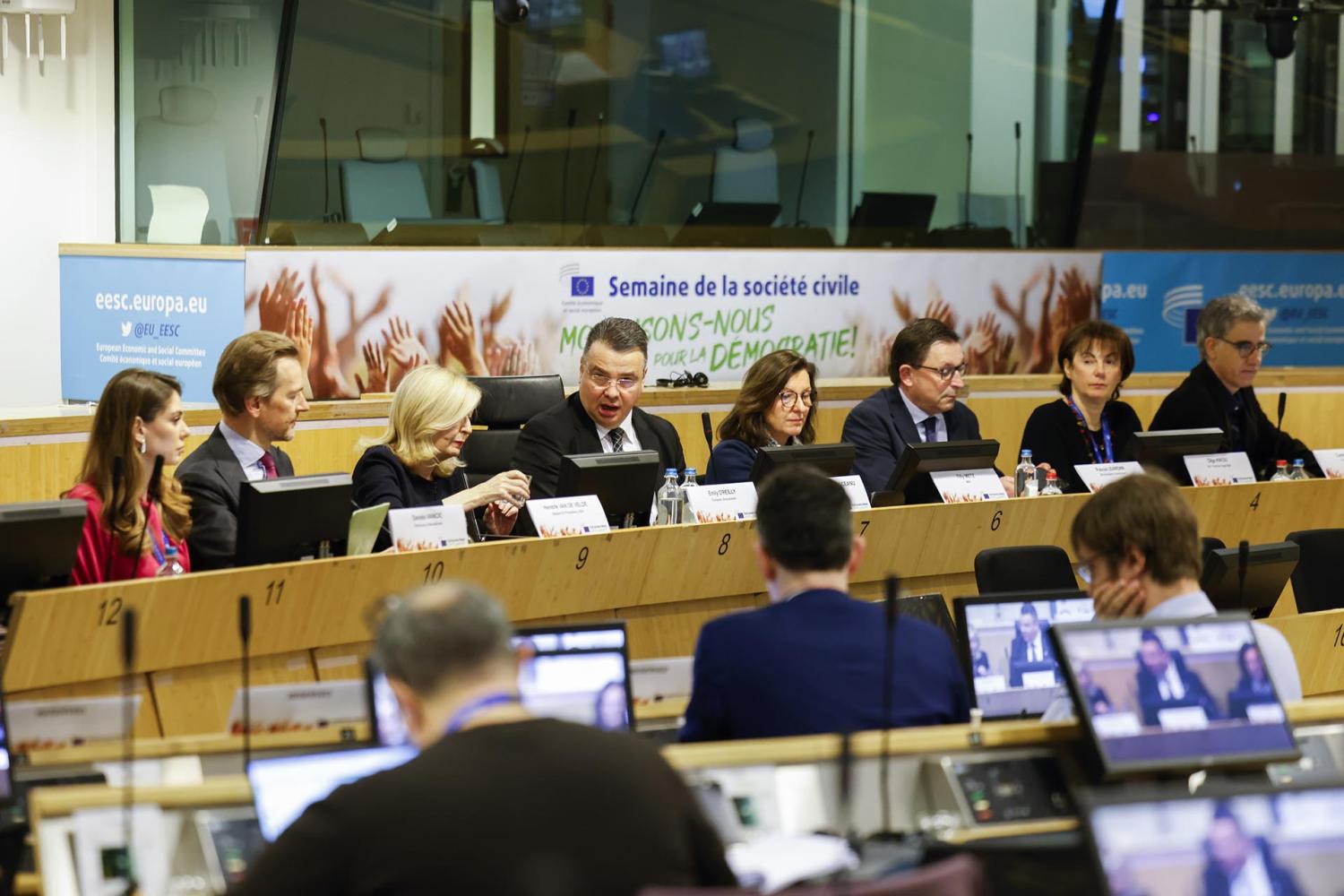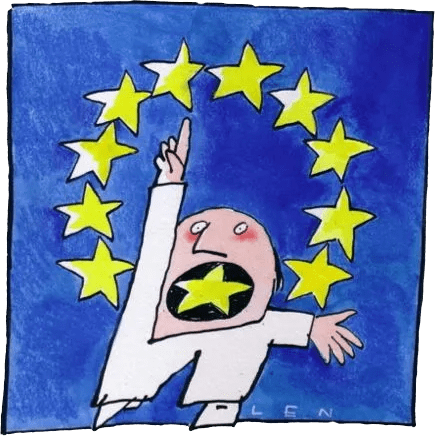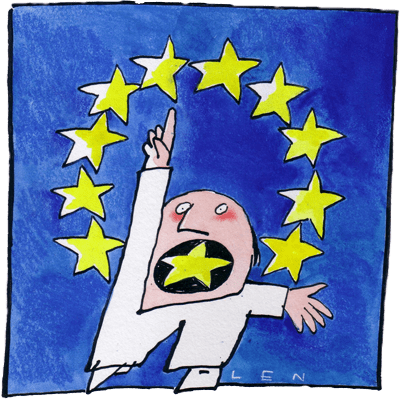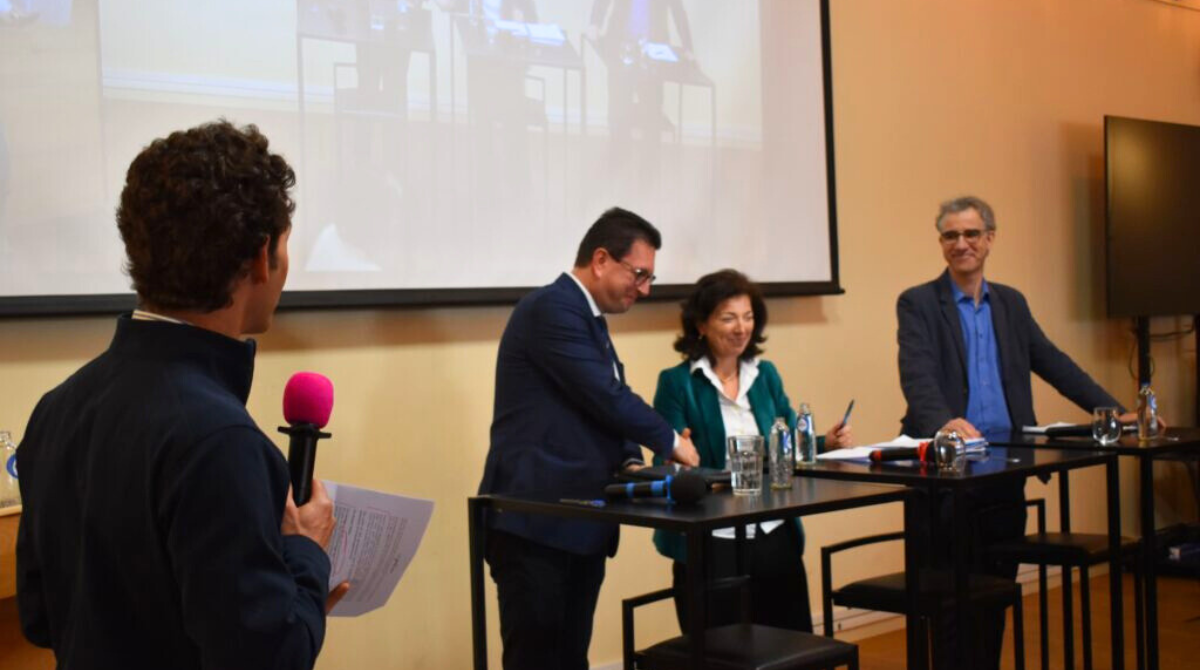
How Can European Citizens’ Initiatives Make a Difference for Civil Society?
On June 3rd, European civil society organisations hosted a pivotal event in Brussels to critically assess the effectiveness of the European Citizens’ Initiative (ECI), more than a decade after its official launch. Under the banner of The ECI Campaign, Carsten Berg was among the keynote speakers—alongside the European Ombudsperson and representatives from the European Commission and the European Parliament—contributing to a timely and pressing debate: Are ECIs still worth the effort?
His conclusion was clear: They must be. Because if we fail to revive and reinforce the ECI now, we risk watching one of Europe’s most ambitious democratic experiments wither into irrelevance—just when we need it most.
A powerful signal of support came from two leading institutional figures, backing The ECI Campaign’s push for stronger political commitment to the ECI. The new European Ombudsperson Teresa Anjinho underlined that transparency and accountability are essential prerequisites for the ECI’s democratic legitimacy. Her office plays a vital oversight role, particularly in controversial cases such as End the Cage Age ECI. According to Anjinho, if the ECI is to survive as a meaningful tool of participatory democracy, the European Commission must treat it with the seriousness and urgency it deserves.
Equally significant was the intervention of MEP Loránt Vincze, the European Parliament’s rapporteur for the ECI and one of the organisers of the successful ECI Minority SafePack. He called on the Commission to deliver a credible commitment to follow up on successful initiatives. Notably, he urged Commission President Ursula von der Leyen to articulate a clear political objective at the beginning of her new mandate: to implement a minimum number of successful ECIs per legislative term. Without such high-level commitment and institutional backing, the ECI cannot fulfil its democratic potential.
Since its inception in 2012, the ECI has been the EU’s flagship tool for transnational participatory democracy, enabling citizens to formally invite the European Commission to propose legislation. Despite this innovative approach towards European citizens’ engagement, the overall impact has remained very limited. Of those, just 14 managed to surpass the demanding threshold of one million signatures—and a mere two have resulted in modest legislative changes, limited to peripheral elements of the original demands.
At the event, Professor Alberto Alemanno confirmed this sobering assessment of the ECI’s performance, describing a wide gap between its democratic promise and real-world effectiveness. The two success stories— Right2Water and Ban Glyphosate —have shown glimpses of potential, but too many successful ECIs have been ignored or indefinitely delayed by the Commission.
The End the Cage Age initiative was presented as a key example by Vinciane Patelou of Compassion in World Farming and legal expert Thomas Hieber. Backed by more than 1.4 million citizens and a two-thirds majority in the EP, this initiative was the first in EU history to receive a formal commitment from the Commission to introduce legislation addressing its core demands. Yet, despite this formal and official commitment made in 2021, no legislative proposal has been put forward to date, raising serious concerns about the Commission’s willingness to act, even when the Commission has officially committed to implementing a successful ECI.
Such cases illustrate the central challenge facing the ECI: when citizens fulfil their democratic responsibilities, EU institutions must do the same. Failure to act severely undermines trust in European democracy and risks turning the ECI into an empty procedural gesture.
According to The ECI Campaign, the instrument continues to hold considerable democratic potential. However, unlocking this potential requires more than technical fixes. What is needed is a structural overhaul and, above all, political will from the EU institutions to respond meaningfully to successful initiatives.
The June 3rd event made clear: despite the setbacks, civil society has not given up on the ECI – to the contrary. Over 100 participants—activists, lawyers, EU officials, and citizens—joined the call to defend and reform the ECI, not just as a procedural tool, but as a democratic right worth fighting for.
As stated during the event: The ECI is not broken beyond repair—but it needs political will to make it work. If Europe is serious about reversing democratic backsliding and strengthening citizen participation, then revitalising the ECI must become a top priority in the new EU mandate. The message to Brussels is simple: If you ask for citizens’ voices, be prepared to listen—and act.
More background about this conference is available on the websites of The Good Lobby and Compassion in World Farming, the event’s main organisers.

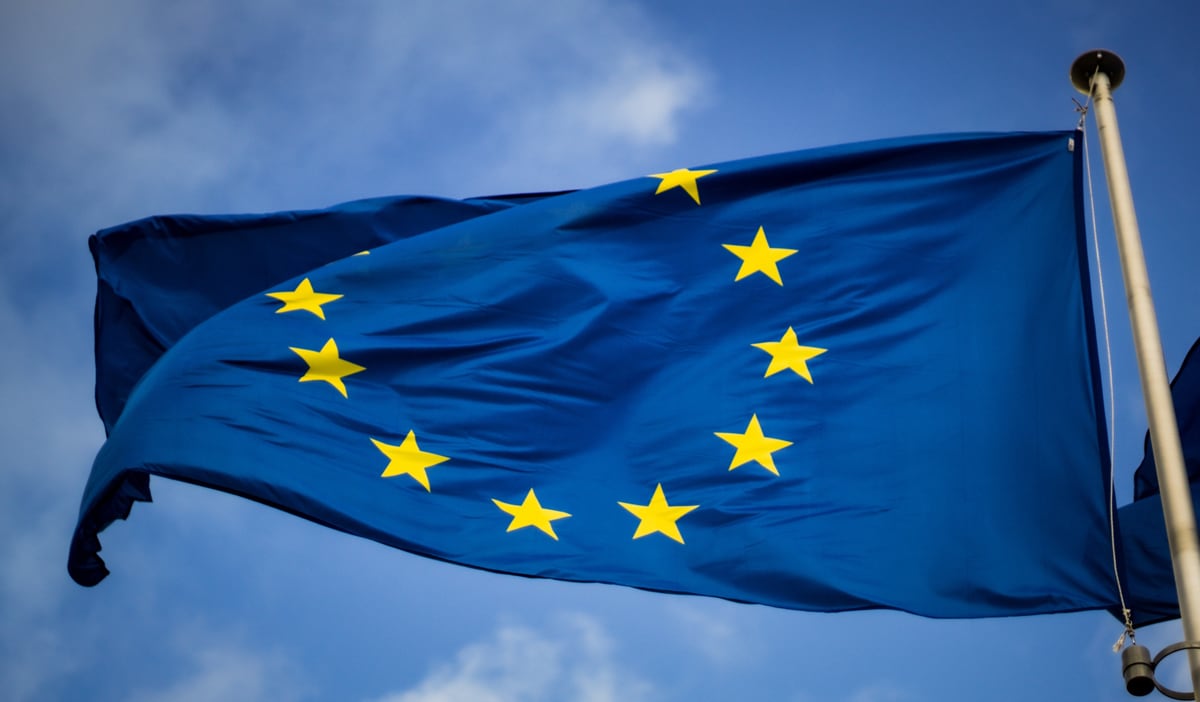
Join this year’s ECI Day on 3 March in Brussels!
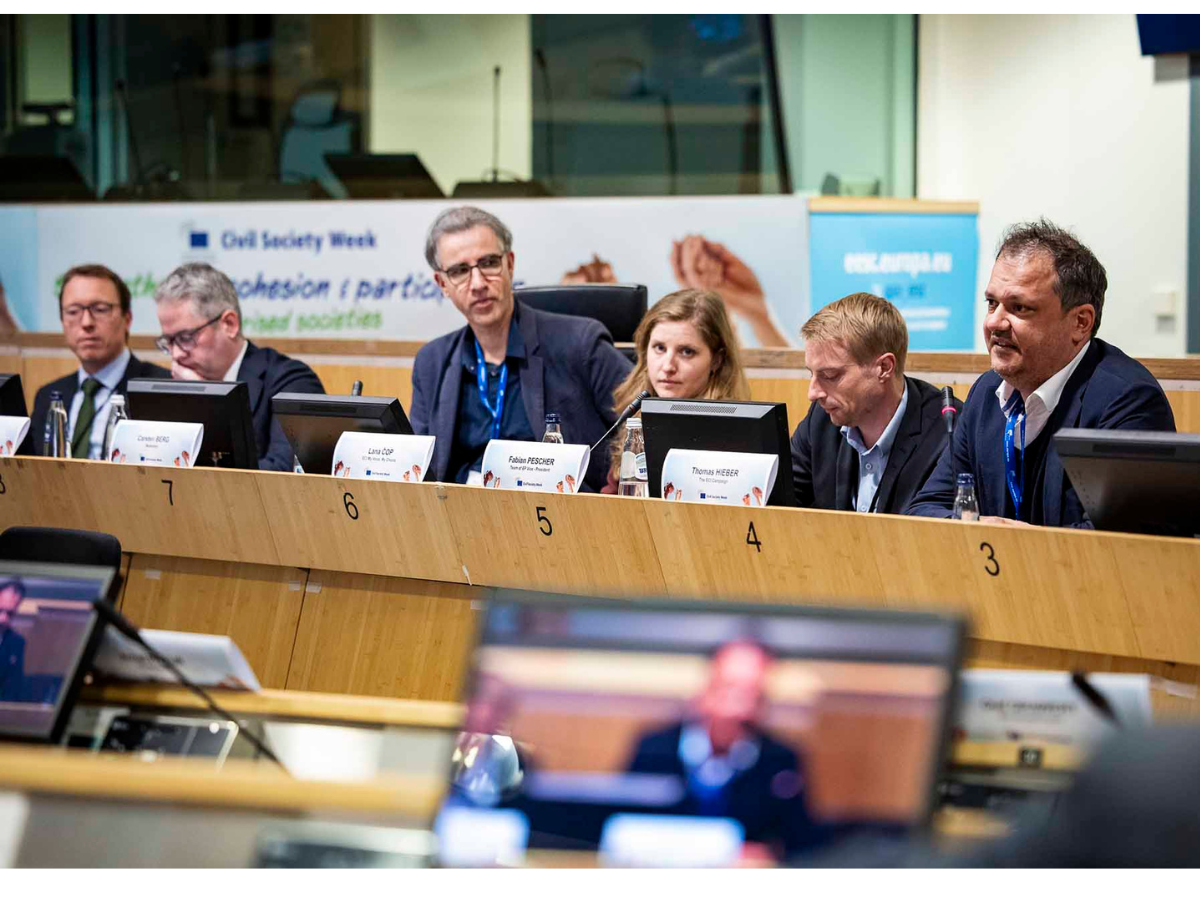

ECI Day 2025: Building Bridges Amidst Polarisation
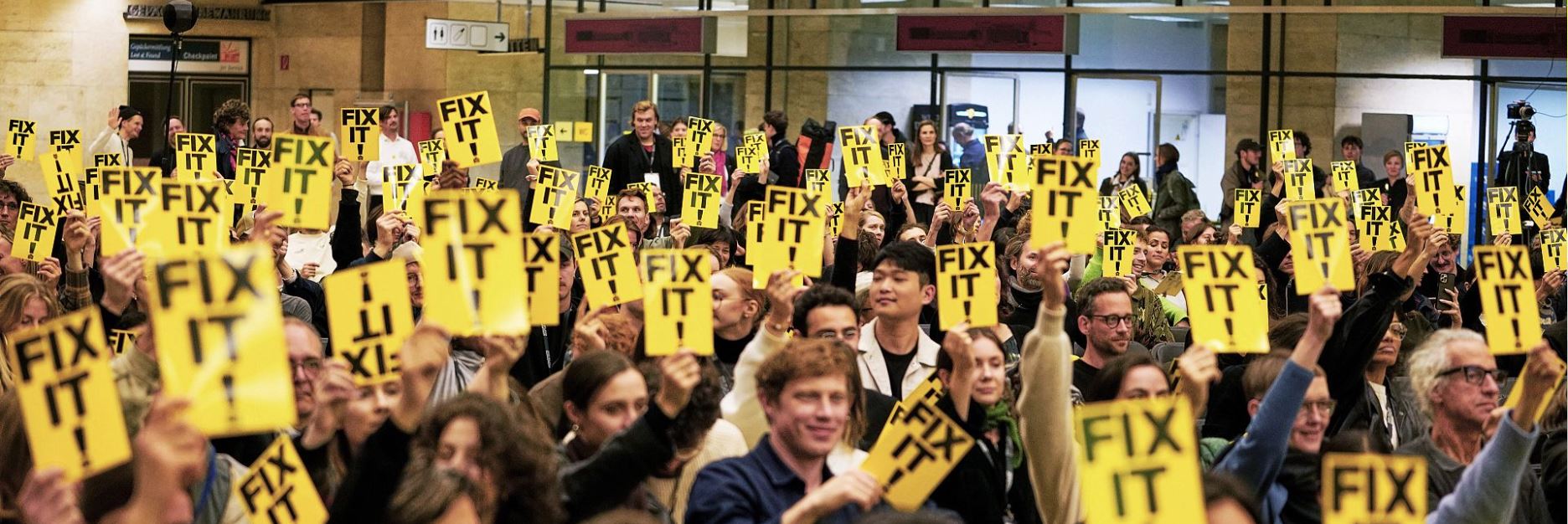

Join us with HouseEurope! in Berlin and Sign the Initiative!


Join this year’s ECI Day on 18 March in Brussels!
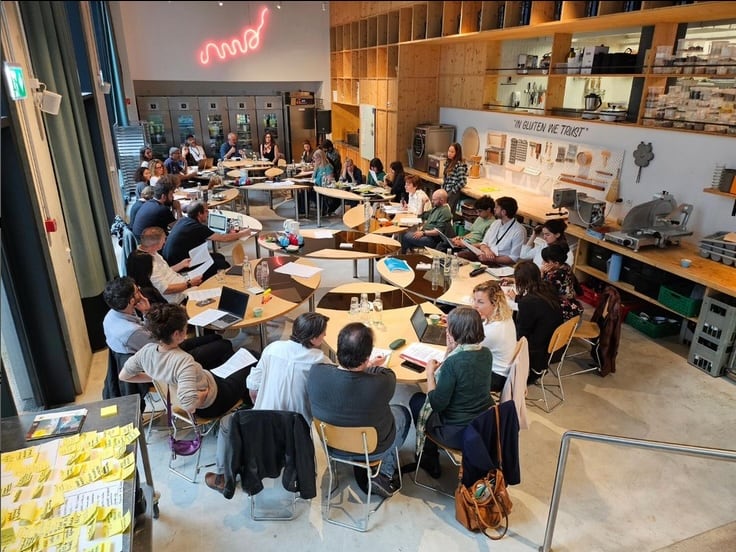

European Citizens’ Initiative Forum for the Right to Food 2024
